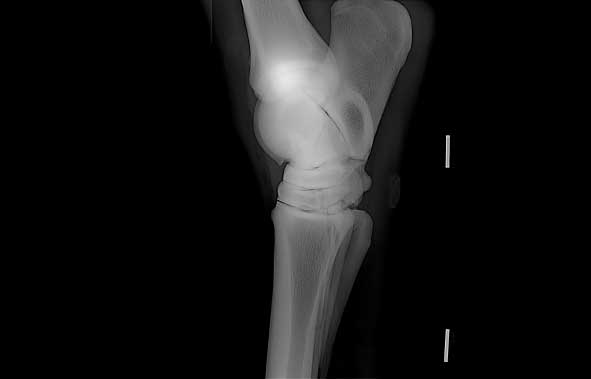What’s that crack? Ask The Vet Series…

On the back of our ‘Ask The Vet’ series, we had a question in from Laura in Co. Cork, for our equine Veterinary expert – Nikki Walshe.
I have a 4yo horse who’s right hock makes a clicking sound as he starts to work. Mostly in walk and it’s more noticeable at the start of exercise. It gets a bit better as the session goes on (or maybe I stop noticing it!). Should I be concerned? I think he’s a bit young to be starting joint supplements, or is he? He’s sound and I cant feel any heat or filling anywhere. What would you suggest?
Dear Laura,
Thanks for your question. Joint mobility is crucial to the long term health of a performance horse, so you’re right to highlight this as a potential issue in your horse.
Just like us humans, cracking of joints can be of no significance and may not need treatment if there is no pain is associated with it. However, if there is pain or a decrease it the mobility of the joint, then it is significant.
Even though your horse is only young, unfortunately joint damage is still a very real possibility. The hock suffers a lot of punishment in the world of equine sport. Arthritis (inflammation of the joint) can occur due to over-training, under conditioning or most commonly, poor conformation.
Unfortunately, the changes within the joint may not have external changes such as swelling, heat or obvious lameness. It will often be more subtle changes, such as slight stiffness at the start of work, reluctance to lead with that leg behind in canter, decreased impulsion when jumping etc.
As for joint supplements, I find that the ones that get the results and have the research to back them are very expensive. So it would be something to be looked into if deemed necessary, but not something to add in “just because”.
So to the advice part, I would probably recommend a lameness exam including flexion test and lunging on a hard surface. That will highlight any underlying issues. Inflammation of the joint can be very easily managed, sometimes with simple things like an increase in periods of rest between hard sessions, cold hosing, non-steroidal anti-Inflammatories etc. If the arthritis is a bit more severe, than joint injections and careful management can ensure a long and fruitful career. So, it’s better to know than wonder and of course if you get the all clear from your vet, “crack on”!
Good luck with him!
Nikki
Please note that our veterinary articles are written to give you insights and understanding of common equine veterinary problems and are not intended to take the place of a veterinary examination by your own vet. If in doubt, always call your own vet should your horse require attention.
Nikki Walshe MVB is a resident vet at Greenmount Equine Hospital, Limerick
Share this article with fellow horse lovers by using the share buttons below.
